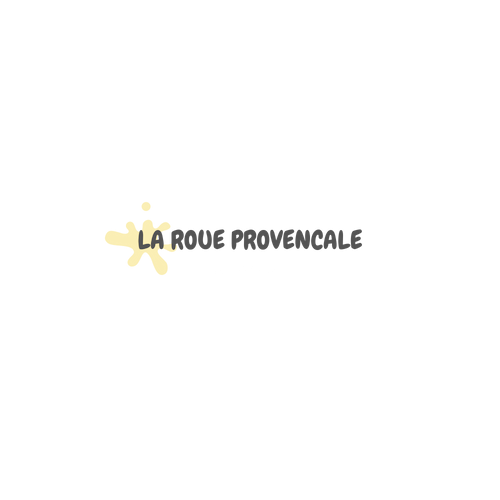Is your sink, shower, or toilet constantly having problems with blocked drains? It’s a common problem amongst all households. When you’re dealing with plumbing disruptions, it can be worrisome and costly. Unclogging your drain can help minimize the cost of repairs and prevent any water damage in your home. click here to learn more about what to do when you have a blocked drain.
What Causes a Blocked Drain?
A blocked drain is usually caused by a build-up of materials like hair, dirt, soap scum, or food waste. These substances can clump together over time, forming a stubborn clog that is difficult to remove. The best way to prevent blocked drains is to be mindful of what goes down into them. While it may not seem like it now, this can save you a lot of headaches in the future.
Signs of Blocked Drains
It isn’t always obvious when you have a blocked drain. There are some signs that indicate an issue such as gurgling sounds from your toilet or sink, slow draining, or unusual smells coming from the drain. If you notice any of these symptoms, it’s likely that you have a blockage somewhere in your piping system.

Simple Solutions For Blocked Drains
If you have a minor blockage, there are plenty of ways to unclog your drain without having to call a plumber. A plunger can be used to dislodge any debris that is clogging up the drain. You can also use baking soda and vinegar to create a foaming reaction that will break down the blockage. Additionally, commercial drain-cleaning products can be effective in removing the clog.
The Plunging Method
Plunging is a simple yet effective method for unclogging drains. Start by filling up the sink or tub with enough water to cover the plunger. Once the plungers head is fully submerged, begin to pump it up and down vigorously until the pressure breaks up the blockage. If this doesn’t work, try pouring boiling water down the sink or tub. This should help dissolve any fats or soaps that may be causing the blockage.
The Use of Chemical Drain Cleaners
If plunging does not do the trick, you may need to use a chemical drain cleaner. Most commercial drain-cleaning liquids contain caustic chemicals that react with the pipe material, eating away at the blockage. Be sure to follow the instructions on the packaging and wear gloves to protect your hands from the caustic chemicals.
When To Call a Professional Plumber
Although there are DIY solutions for blocked drains, it is sometimes necessary to call a professional plumber for more severe clogs. Plumbers have the tools and experience to diagnose and repair any plumbing issue. They can also advise you on how to maintain your drainage system and prevent future clogs.
Blocked drains can be a nightmare but don’t let it put a strain on your budget. With some simple DIY methods, you can easily unclog your drain and keep your plumbing system running smoothly. If the issue persists, however, it’s best to call a professional plumber for advice and assistance.


